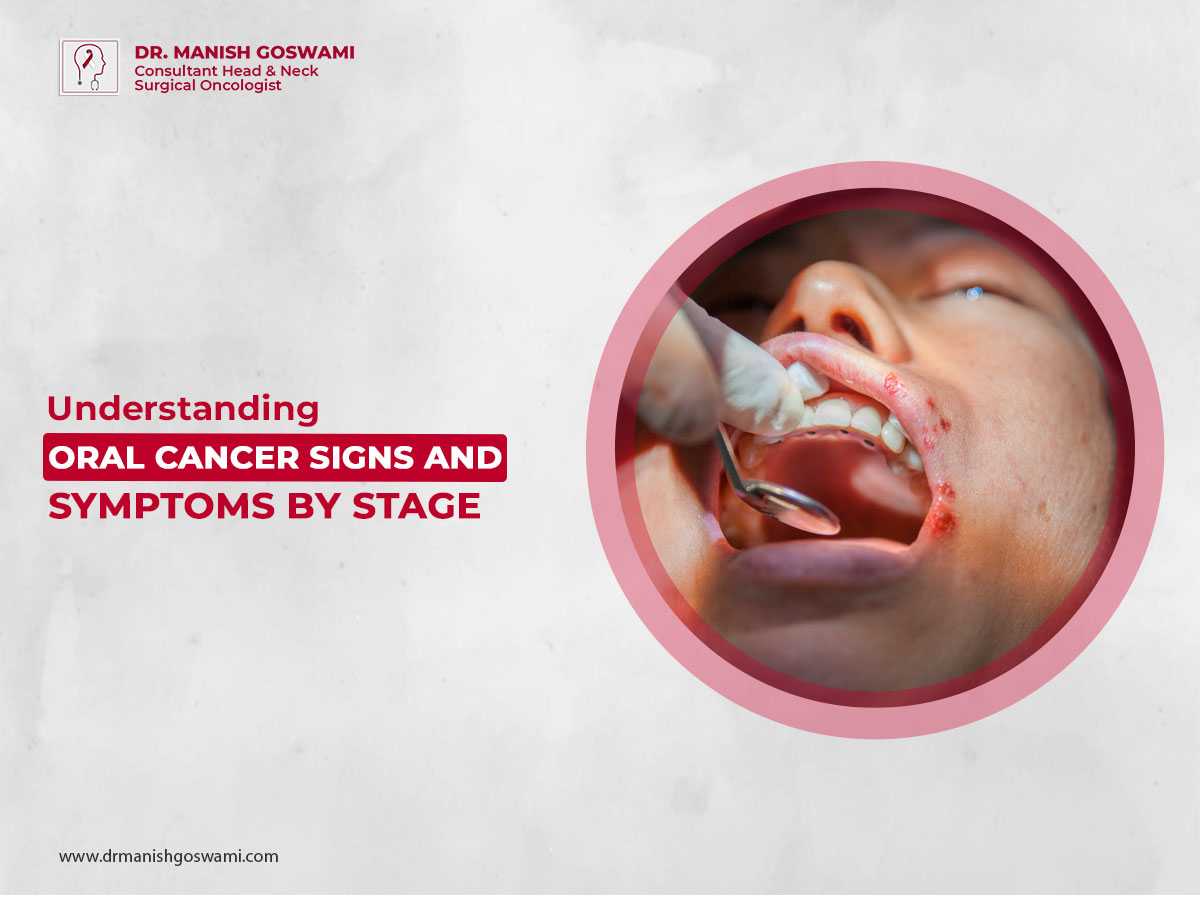Salivary gland cancer is a malignant tumor developing at the salivary gland organ which is responsible for saline production. Saliva gland cancer is rare and as occasional as 1% of the tumors are impacted by head and neck. These saliva gland tumors are more likely to develop among males who frequently smoke and are over 55+ years of age. By visiting a cancer specialist in Siliguri salivary gland tumors are curable.
Symptoms Of Salivary Gland Cancer
There are most cases, where individuals with salivary gland cancer don't feel any pain but a lump on the salivary gland. In the case of a malignant gland tumor, here are some likely symptoms:
- Mouth bleeding
- Numbness in your jaw, neck, face, or mouth
- Continuous pain in your facial and neck region
- Unable to freely move your facial muscles
- Finding it difficult to open the complete mouth
Causes Of Salivary Gland Cancer
According to medical oncologists, the precise cause of Salivary gland cancer is a mystery to date. Here are the likely causes of salivary gland cancer:
- With age after 55+ years
- Intake of substances, smoking, or alcohol consumption regularly
- Who received radiation therapy near the head and neck
- Engaged in other activities like rubber product manufacturing, plumbing, leather work, etc
- Those facing viral infections like HPV or Epstein-Barr virus are likely exposed to salivary gland cancers
These tumors develop in three of the major salivary glands including the Parotid glands, sublingual and submandibular glands.Mostly as per records, these salivary gland tumors start in the parotid glands inside the creeks.
These malignant tumors if left untreated for a significant period can spread over other body parts including the lymphatic system and bloodstream.
Treatment Of Salivary Gland Cancer
Before starting the treatment, the cancer specialist in Siliguri suggests some physical examinations. Such as CT scans, Magnetic Resonance Imaging (MRI), Positron Emission Tomography (PET), and Biopsy are recommended. Based on the test reports, the medical professionals proceed with succeeding treatments. These treatments include:
Radiation Therapy
Radiation therapy is performed using a machine that navigates radiation toward the body's organs with cancer cells eliminating them. Particularly, neutron beam and photon beam radiation therapy are used in salivary gland treatment.
Surgery
The most recommended way of treating malignant salivary gland tumors is through performing surgery. Other than removing the tumor via surgery, the surgeon also removes the lymph nodes to stop the spread of cancer. Post-surgery, radiation therapies are conducted to kill any remaining cancer cells.
Chemotherapy
The process of chemotherapy is done with the use of medications to kill cancer cells. Chemotherapy is clinically prescribed to stop the spread of salivary gland cancer in other tissues of your neck and head.
Salivary gland cancer is rare but if left untreated can be dangerous for the patient. So, if you or your dear ones are experiencing any lump near your throat or saliva gland region, consult the medical professional as soon as possible.







